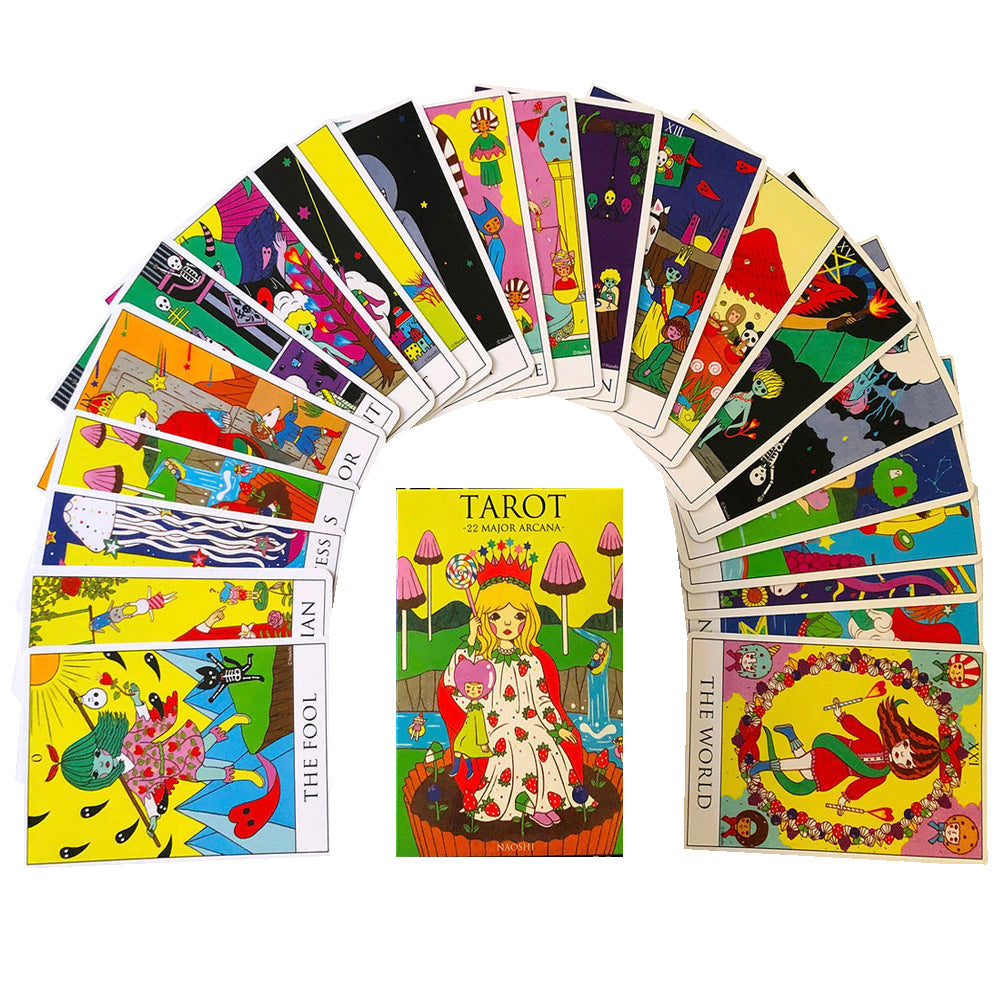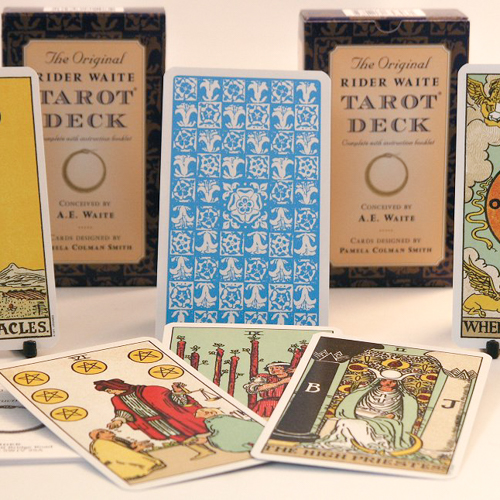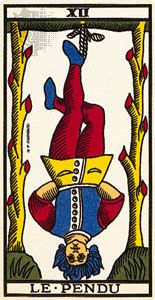
Tarot cards can help anyone find their truth. These cards feature unique symbols that correspond with specific elements of Astrology and can provide guidance on how you should handle any situation. These cards can help you manifest a better life.
When you begin to learn tarot, it is essential that you choose a deck that you love. There are many decks, and most readers know which one is best for them. The majority of decks include a guidebook explaining the symbols and meanings of each card.
You should also practice your readings. Tarot cards are a great way for you to combine intuition and book knowledge. When you practice reading, you'll start to notice patterns in the meanings of the cards. You'll also become more confident in your reading abilities. This will allow you to develop your intuition and make more use of tarot card cards.

A typical tarot card deck is divided into four categories: pentacles or pentacles, cups, wands, blades, and swords. These suits represent various aspects of life, including emotional matters, intellectual intrigues, physical realities, and relationships. There are many interpretations of each suit, so some readers prefer three cards spreads.
For beginners, it's a good idea to begin with a three-card spread. This is a great way to get started with tarot and to link your past and future. The spread can then adjusted to your specific situation. The three cards represent the present, the situation, and the final result. You can also change the spread if you're facing a challenge or need more details.
There are many other spreads you can use to get a more detailed reading. These spreads include the Celtic Cross, the Tree of Life, the Pentagram, and the Tetractys. You may prefer to use more cards than you originally thought. A five-card spread provides clarity and illumination. Purple Garden has real-time advisors which allow you to schedule a reading simultaneously with your order.
Start a journal and record your feelings about each card to help you get a better grasp of them. You can meditate on a card if you have the feeling it is meant for you.

Asking yourself questions can help you feel more confident about your vision. Try to come up with an open-ended question that will allow you to see the cards' answers. Try something like, "What is the best course for me?" Instead of "Will I be happy in this relationship?" It will give you actionable results. It is better to ask a specific question like, "Will it make me happy if this relationship gets promoted?" If you ask a more specific question, such as "Will I be happy in this relationship if I get promoted?", you'll be locked into an inactive role.
It's also important to keep in mind that tarot cards don't have to be memorized. Instead of trying to memorize all the information, you can practice with a video or guidebook and do a few readings.
FAQ
What are observation hobbies?
Observation hobbies can be activities that you watch people do. This could be watching sports, reading books or going on holiday. It could also include observing others.
You can learn creativity through observation hobbies. You can apply this knowledge later on when you work with others.
You'll discover that it's easier to learn if there's a passion for something.
For instance, if football is something you are interested to know about, you can watch the game or read a book. To learn more about photography, it is possible to visit and take photos.
You can play along with songs online or purchase a guitar if you love music.
If you love cooking, you can either cook your meals at home or order from a local restaurant.
You could also grow flowers or vegetables if you enjoy gardening.
If you like dancing, you could join a dance class or go out with friends.
If you like painting, you could paint pictures.
If you like writing, you could write stories or poems.
You might enjoy drawing pictures, if you are a good artist.
If you are passionate about animals, you can look after them or work at the zoo.
If you like science, you could study biology, chemistry, physics or maths.
If history is your passion, you can either read books or watch films. Or you could listen to podcasts.
If you enjoy traveling, you can travel around the world or just explore your own area.
What are your competitive hobbies?
There are many competitive sports, including running, swimming and cycling, as well as golfing, tennis and other activities.
They're a great way to get social interaction and are enjoyed by those who love physical activity.
You'll likely find others who are interested in your hobby if it involves physical activity.
This may mean joining a club or group where you meet regularly to play sports together.
You may also want to play in a team game, where you are playing with others.
These include: football (soccer), soccer, cricket, netball.
There are many kinds of competition.
Some competitions are only for recreational purposes.
Others are used to assess competitors' abilities.
Yet, there are others that reward exceptional performance.
The winners are awarded prizes in these cases.
Other competitions are designed to test the strength and stamina of competitors.
These are known as endurance events.
For example, marathon races, triathlons, Ironman Triathlon, etc.
Athletes often train hard before competing in these events.
They will follow a strict training program to prepare themselves mentally and physically.
They may need to spend some time out of their home for preparation.
It is important to keep in mind that not all athletes can compete in every event.
What are educational hobbies, you ask?
An educational hobby is an activity where you learn something by doing it. This could include anything from learning to play an instrument to playing sports.
It should be enjoyable and fun for you. You don’t have to do it constantly, but you should consider what other activities you could be engaging in instead.
These activities could end up costing you far more than what you pay for.
How do you get started with your new hobby or interest?
To start a new hobby, you must first decide what type of activity you would like to do.
Once you have decided on your subject, passion is the key.
It is essential to understand the reasons you want to start a hobby. This will help you find direction and a purpose.
Once you've chosen the hobby you would like to pursue you can start planning.
Think about what equipment you'll need to purchase.
Consider whether classes or seminars are necessary.
Ensure that you have enough space for your hobby.
You might also consider joining a club. These groups usually offer support and advice.
Also, consider how much money your hobby would cost.
Is it possible that you can make a lot of money from your hobby?
Not necessarily.
You could be wealthy if you have a passion for starting your own business.
Let's take, for example, that you love cooking. You enjoy healthy food so you opened a restaurant.
You only offer organic meals from scratch. Customers pay a small charge to cover the cost of ingredients and labor.
You will eventually be able to grow your client base and hire people who are willing to work with you.
You will eventually be able to expand your menu with vegan options and gluten-free choices, as well as desserts.
In this situation, you have a successful business which has allowed you the freedom to lead the lifestyle that you want.
But, it doesn't mean your day job must be abandoned.
You could instead run your own restaurant and still hold your 9-5 job.
Statistics
- Studies show that just six minutes of reading can reduce stress levels by 60 percent. (oberlo.com)
- A new survey by Pew Research Center of teens ages 13 to 17 finds that 36% of girls feel tense or nervous about their day every day; 23% of boys say the same. (pewresearch.org)
- I am 100% biologically a woman (discover.hubpages.com)
- The Role of the Mind in Sex, Dating, and Love: Men in the “humor” condition received phone numbers from 42.9% of the female participants and were refused 57.1% of the time. (time.com)
- The intensity of the dialogue partners' bond at the end of the forty-five-minute vulnerability interaction was rated as closer than the closest relationship in the lives of 30 percent of similar students. (time.com)
External Links
How To
How to learn how to play a musical instrument
There are many different ways to learn how music is played. You could either go to a school, buy a book, take lessons from someone who plays an instrument, watch videos online, etc. Here are some tips and techniques to help you learn if your goal is to create your own learning path.
-
Find something that interests your interest. Try another instrument if you don't love any of the ones you see. It's difficult to take up a hobby if you don’t love playing the instrument.
-
Be patient. Learning something new takes time. You don't have to learn everything in one go. Instead, practice every day.
-
Practice regularly. Even when you feel tired, continue practicing. This will help you remember what you've learned.
-
Make sure you choose a safe place to practice. It is best to find a quiet space where you will not disturb others. You should also make sure there aren’t any distractions. Avoid loud music, for example.
-
Have fun! Music should be enjoyed. So make sure that you always have fun while practicing. Enjoying yourself will motivate you to continue going at it.
-
Set goals. Set goals. You'll know exactly what you must achieve. There is no excuse for failure.
-
Keep track of your progress. Note down your successes and mistakes. Doing so will help you improve over time.
-
Take breaks. Sometimes you just need to take a break. You will be able to take breaks and think about the things you are doing.
-
Ask questions. Ask other people if you have any doubts or confusion regarding certain aspects of the instrument. They may be willing to help.
-
Listening is the best way to learn. Many musicians learn by listening to the songs they love and then imitate them. This allows them to grasp the basic concepts of the song.
-
Read books. You will learn more from reading books than you can by watching videos or attending classes. Books can also provide information that is not available elsewhere.
-
Get involved in a band. Playing with others will force you to practice more. Plus, it will be easier to meet people with similar interests.
-
View tutorials. Tutorials are short videos which explain many topics in great detail. Tutorials are short videos that focus on one part of the instrument. You can learn difficult parts of the instrument by watching tutorials.
-
Try different methods. Some people prefer to learn via lectures while others prefer to read. Try different methods until you find the one that works for you.
-
Practice makes perfect. There is no way to be an expert overnight. Instead, it takes time and effort to become proficient enough for you to succeed.
-
Begin a group of musicians. Listening to others play your favorite songs can help speed up learning.